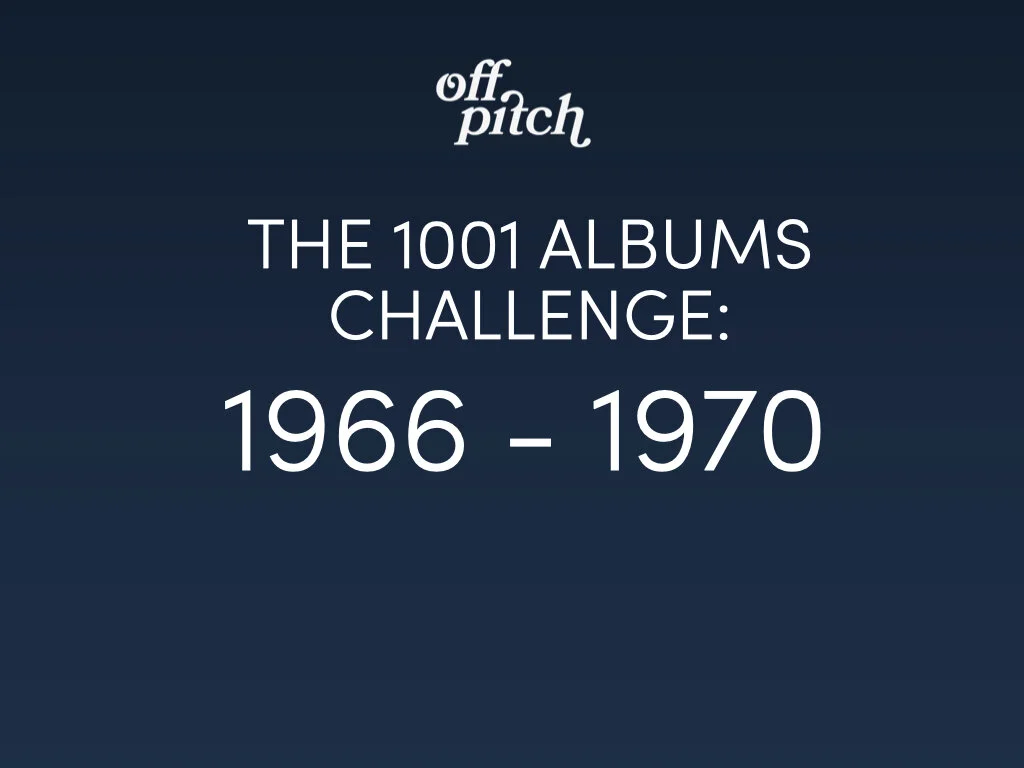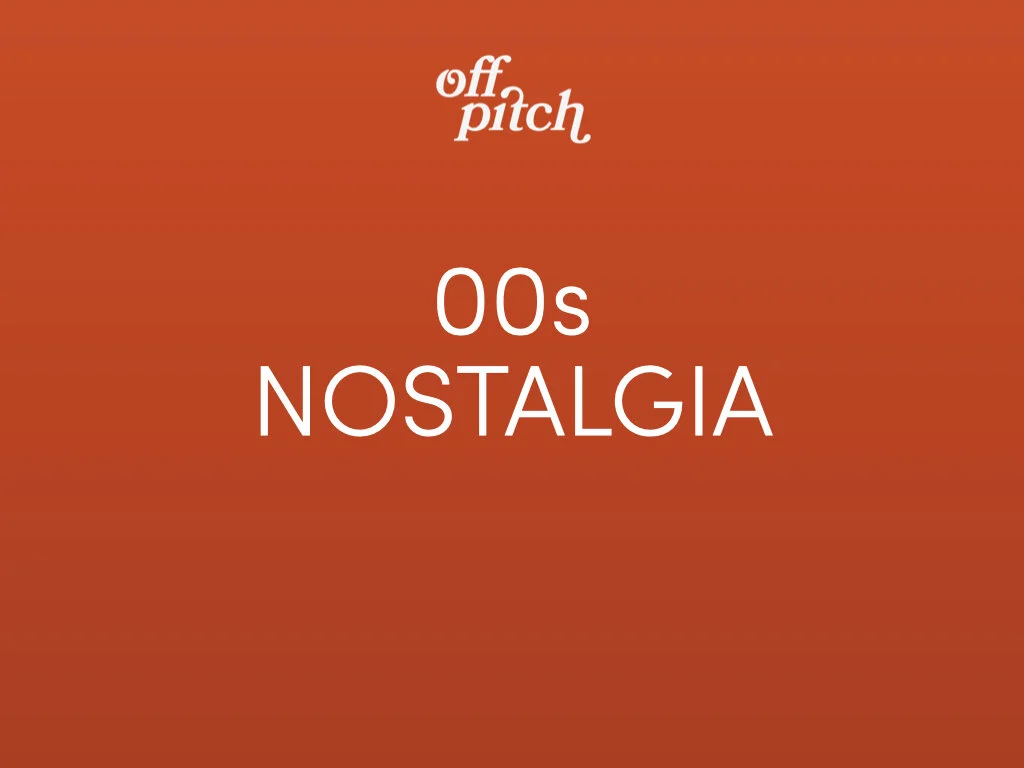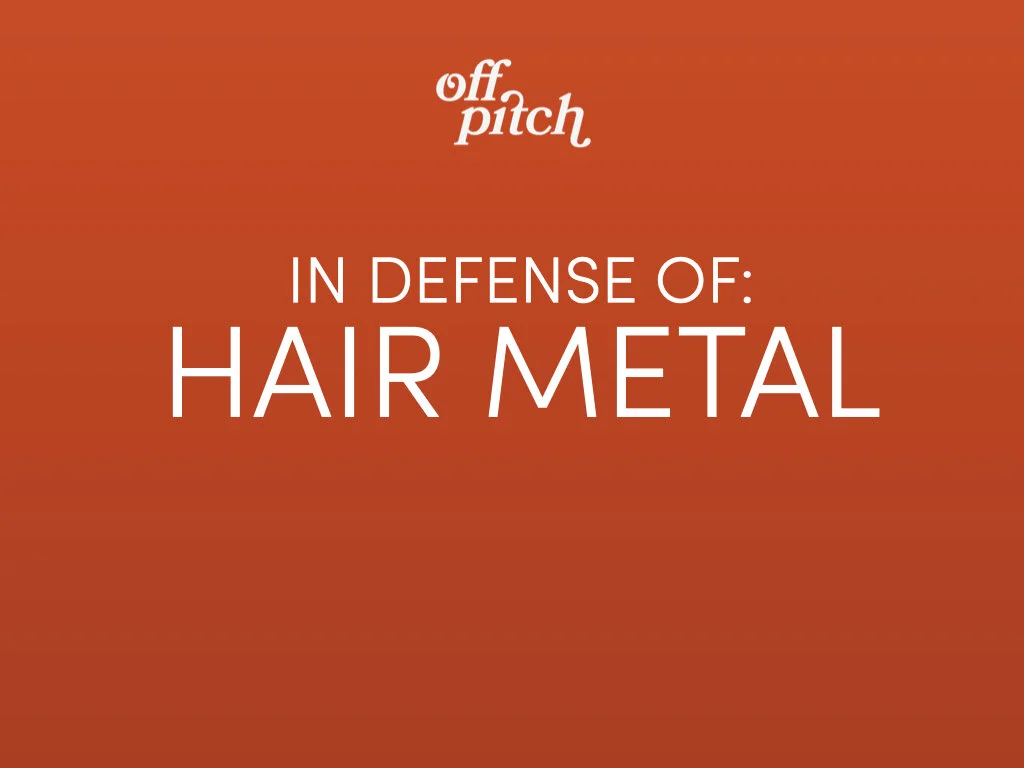Let me set the scene: it’s the fall of 2015, and I, an eager young rock fan, have tickets to see the Foo Fighters tour in support of their eighth album Sonic Highways. A friend asks if I have weekend plans, and I excitedly reply that I’m going to go watch the Foos melt some faces Saturday night. His face morphs into one of mild disgust, and he says “Really? They’re like one step above Nickelback.” I’m shocked. Betrayed. Indignant. Who would dare compare the Foo Fighters to bland radio fodder like Nickelback?
As it turns out, quite a lot of people. The Foo Fighters may be one of the highest-profile rock n’ roll bands around, but to many, they’re just another staple of alt-rock radio. And those people have a point. The Foos have been cranking out radio-friendly rock songs for over 25 years now, so they have a pretty consistent presence on the airwaves. With so much middle-of-the-road material in circulation, it’s no leap of logic to write them off as a middle-of-the-road band.
But I don’t think that’s fair. The Foo Fighters haven’t always surpassed mediocrity, but they deserve some respect. Or at least some defense.
The Charges
Generic: The main, overarching criticism the Foos get. Most critics will concede the first few albums as quality, but generally write off the rest of the band’s discography as mediocre (or worse). It doesn’t help that Foo Fighters frontman Dave Grohl was previously the drummer for Nirvana. Comparison to Grohl’s previous band is inevitable, and as one of the definitive bands of the grunge era, Nirvana set an incredibly high bar for originality.
It also doesn’t help that the Foo Fighters are just one of many bands to push grunge towards the mainstream. A million acts with heavy guitars and Cobain soundalikes popped up in the late 90s and early 00s, and many (like Nickelback) failed to justify their existence beyond a bland radio hit or two. The Foo Fighters might have a more legitimate claim to carry the grunge torch, but they get the same accusations of derivativeness as their contemporaries.
Bad Songwriting: The casual Foo Fighters non-fan might dismiss the band as generic, but the real haters tend to be even harsher. And not without cause. While the Foo Fighters generally bring some pretty solid riffs to each album, Dave Grohl’s songwriting can sometimes be a bit derivative. Throw in that they’ve stuck to the same hard rock formula for the last 20 years and you have a pretty solid case against the Foos’ songwriting abilities.
Dad Rock: The term “dad rock” is a popular way to describe bands like the Foo Fighters, both because of their fan base demographics and their own parental status. Like many dads, the Foo Fighters are set in their ways. They’ve been active for 25 years. Most of the band were active in other projects before that. And because the guys have been sticking to the same general blueprint their entire career, the music has gone a bit stale. As a result, a lot of would-be fans are turned off by this lack of artistic progression.
I have to admit, these are legitimate criticisms. But of course, I have plenty to say in response.
The Defense
It’s All About the Deep Cuts: The Foo Fighters have some bland songs, no doubt about it. But as is the case with most bands who get this type of criticism, the Foos have some gems in their discography. The self-titled debut and follow-up The Colour and the Shape are great listens cover-to-cover, and every album since has had at least one or two interesting songs on the tracklist. And even when the Foo Fighters are sticking to their arena rock comfort zone, they still make enjoyable music.
Look Beyond the Lyrics: Ok, so Dave Grohl isn’t the most profound lyricist ever. But he makes up for it with his monstrous drumming skills (matched only by the skills of official FF drummer Taylor Hawkins) and unique approach to riff writing. The average Foo Fighters song is for head-banging, not having a good cry. And by that metric, the Foos have written some seriously great songs (more on this below).
Dad Ain’t Bad: The Foo Fighters are absolutely dad rock, and they’re not afraid to admit it. The Foos know what they’re good at and what their fans want, so they stick to their guns. And if you’ve ever been to one of their shows, you know how well that’s worked out for them. It also helps that Dave has a healthy respect for modern music, which eases the inter-generational tension that sometimes exists between legacy acts and young fans. The Foo Fighters might play the music of a bygone era, but their appeal extends beyond their fellow fathers.
Closing Statements
I love the Foo Fighters. They were the first band I got really into that was still actively making music, and I have a lot of fond memories associated with their concerts and records. Hopefully, this article will make you think twice before turning that dial the next time “Learn to Fly” or “My Hero” comes on the radio. And if you need a bit more convincing, I’ve put together a few of my favorite Foo Fighters songs on the playlist below. Happy listening.
Lyle B.










